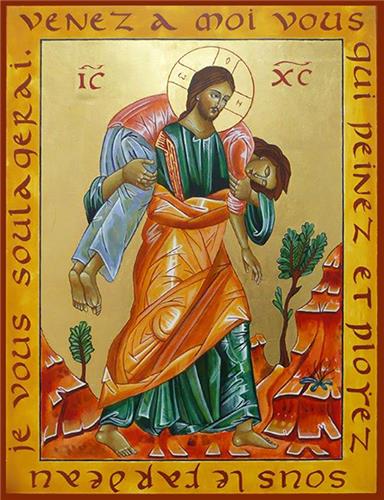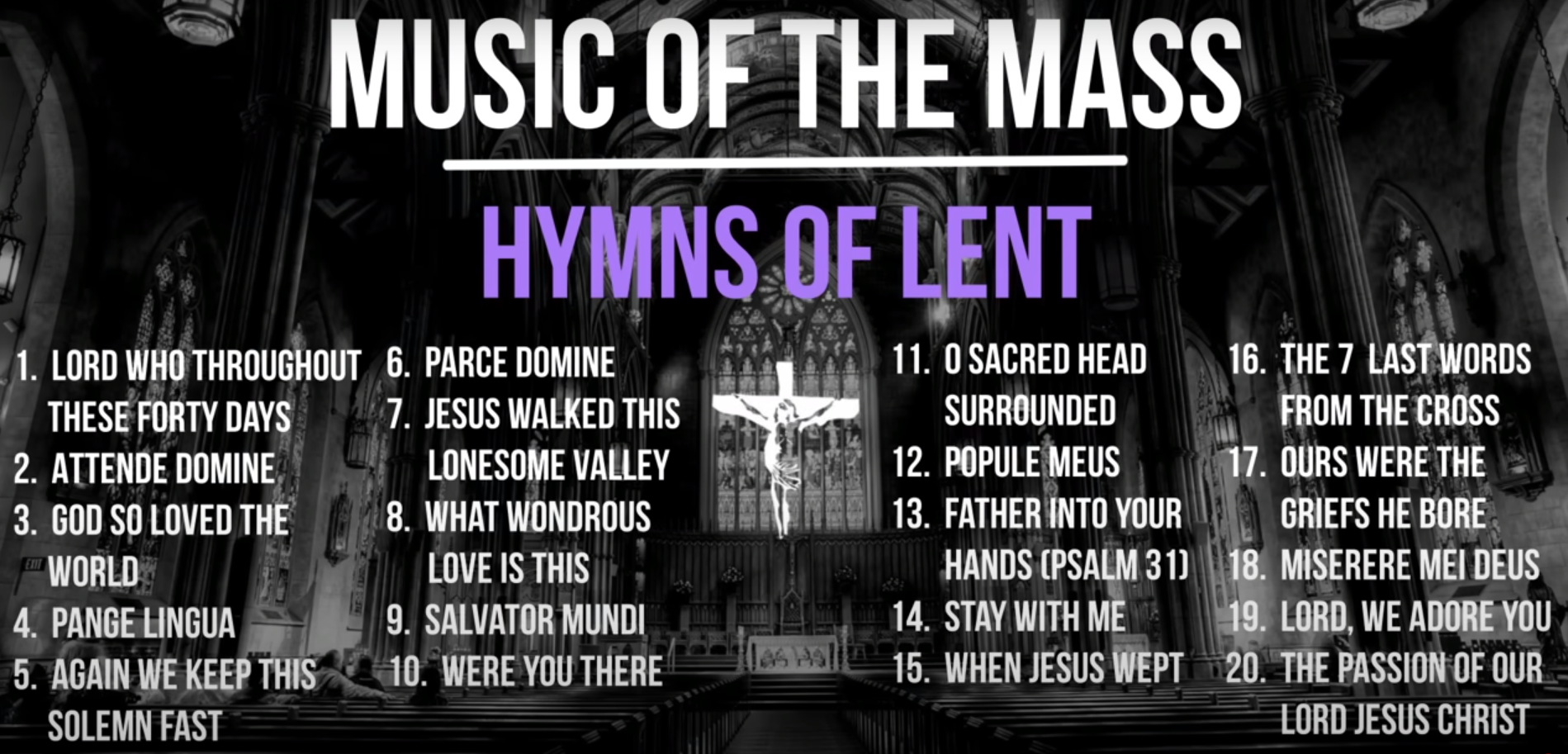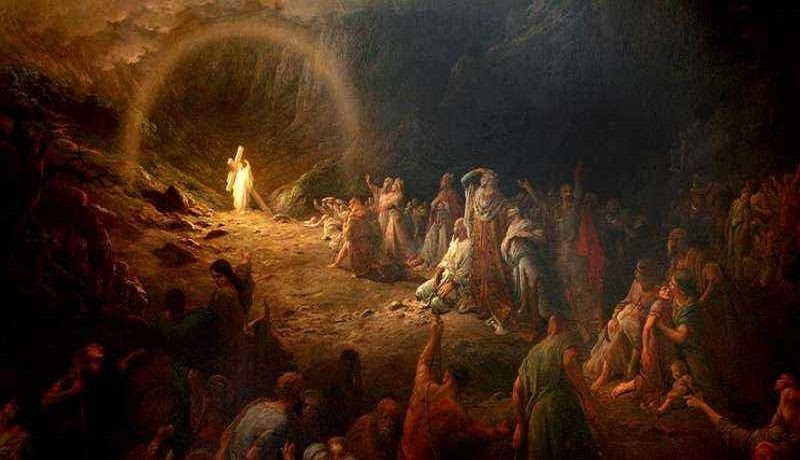“The sight of a person who is suffering disturbs us. It makes us uneasy, since we have no time to waste on other people’s problems. These are symptoms of an unhealthy society”

63. Jesus tells the story of a man assaulted by thieves and lying injured on the wayside. Several persons passed him by, but failed to stop. These were people holding important social positions, yet lacking in real concern for the common good. They would not waste a couple of minutes caring for the injured man, or even in calling for help. Only one person stopped, approached the man and cared for him personally, even spending his own money to provide for his needs. He also gave him something that in our frenetic world we cling to tightly: he gave him his time. Certainly, he had his own plans for that day, his own needs, commitments and desires. Yet he was able to put all that aside when confronted with someone in need. Without even knowing the injured man, he saw him as deserving of his time and attention.
64. Which of these persons do you identify with? This question, blunt as it is, is direct and incisive. Which of these characters do you resemble? We need to acknowledge that we are constantly tempted to ignore others, especially the weak. Let us admit that, for all the progress we have made, we are still “illiterate” when it comes to accompanying, caring for and supporting the most frail and vulnerable members of our developed societies. We have become accustomed to looking the other way, passing by, ignoring situations until they affect us directly.
65. Someone is assaulted on our streets, and many hurry off as if they did not notice. People hit someone with their car and then flee the scene. Their only desire is to avoid problems; it does not matter that, through their fault, another person could die. All these are signs of an approach to life that is spreading in various and subtle ways. What is more, caught up as we are with our own needs, the sight of a person who is suffering disturbs us. It makes us uneasy, since we have no time to waste on other people’s problems. These are symptoms of an unhealthy society. A society that seeks prosperity but turns its back on suffering.
66. May we not sink to such depths! Let us look to the example of the Good Samaritan. Jesus’ parable summons us to rediscover our vocation as citizens of our respective nations and of the entire world, builders of a new social bond. This summons is ever new, yet it is grounded in a fundamental law of our being: we are called to direct society to the pursuit of the common good and, with this purpose in mind, to persevere in consolidating its political and social order, its fabric of relations, its human goals. By his actions, the Good Samaritan showed that “the existence of each and every individual is deeply tied to that of others: life is not simply time that passes; life is a time for interactions”.[57]
67. The parable eloquently presents the basic decision we need to make in order to rebuild our wounded world. In the face of so much pain and suffering, our only course is to imitate the Good Samaritan. Any other decision would make us either one of the robbers or one of those who walked by without showing compassion for the sufferings of the man on the roadside. The parable shows us how a community can be rebuilt by men and women who identify with the vulnerability of others, who reject the creation of a society of exclusion, and act instead as neighbours, lifting up and rehabilitating the fallen for the sake of the common good. At the same time, it warns us about the attitude of those who think only of themselves and fail to shoulder the inevitable responsibilities of life as it is.
68. The parable clearly does not indulge in abstract moralizing, nor is its message merely social and ethical. It speaks to us of an essential and often forgotten aspect of our common humanity: we were created for a fulfilment that can only be found in love. We cannot be indifferent to suffering; we cannot allow anyone to go through life as an outcast. Instead, we should feel indignant, challenged to emerge from our comfortable isolation and to be changed by our contact with human suffering. That is the meaning of dignity.
A story constantly retold
69. The parable is clear and straightforward, yet it also evokes the interior struggle that each of us experiences as we gradually come to know ourselves through our relationships with our brothers and sisters. Sooner or later, we will all encounter a person who is suffering. Today there are more and more of them. The decision to include or exclude those lying wounded along the roadside can serve as a criterion for judging every economic, political, social and religious project. Each day we have to decide whether to be Good Samaritans or indifferent bystanders. And if we extend our gaze to the history of our own lives and that of the entire world, all of us are, or have been, like each of the characters in the parable. All of us have in ourselves something of the wounded man, something of the robber, something of the passers-by, and something of the Good Samaritan.
70. It is remarkable how the various characters in the story change, once confronted by the painful sight of the poor man on the roadside. The distinctions between Judean and Samaritan, priest and merchant, fade into insignificance. Now there are only two kinds of people: those who care for someone who is hurting and those who pass by; those who bend down to help and those who look the other way and hurry off. Here, all our distinctions, labels and masks fall away: it is the moment of truth. Will we bend down to touch and heal the wounds of others? Will we bend down and help another to get up? This is today’s challenge, and we should not be afraid to face it. In moments of crisis, decisions become urgent. It could be said that, here and now, anyone who is neither a robber nor a passer-by is either injured himself or bearing an injured person on his shoulders.
71. The story of the Good Samaritan is constantly being repeated. We can see this clearly as social and political inertia is turning many parts of our world into a desolate byway, even as domestic and international disputes and the robbing of opportunities are leaving great numbers of the marginalized stranded on the roadside. In his parable, Jesus does not offer alternatives; he does not ask what might have happened had the injured man or the one who helped him yielded to anger or a thirst for revenge. Jesus trusts in the best of the human spirit; with this parable, he encourages us to persevere in love, to restore dignity to the suffering and to build a society worthy of the name.
The characters of the story
72. The parable begins with the robbers. Jesus chose to start when the robbery has already taken place, lest we dwell on the crime itself or the thieves who committed it. Yet we know them well. We have seen, descending on our world, the dark shadows of neglect and violence in the service of petty interests of power, gain and division. The real question is this: will we abandon the injured man and run to take refuge from the violence, or will we pursue the thieves? Will the wounded man end up being the justification for our irreconcilable divisions, our cruel indifference, our intestine conflicts?
73. The parable then asks us to take a closer look at the passers-by. The nervous indifference that makes them pass to the other side of the road – whether innocently or not, whether the result of disdain or mere distraction – makes the priest and the Levite a sad reflection of the growing gulf between ourselves and the world around us. There are many ways to pass by at a safe distance: we can retreat inwards, ignore others, or be indifferent to their plight. Or simply look elsewhere, as in some countries, or certain sectors of them, where contempt is shown for the poor and their culture, and one looks the other way, as if a development plan imported from without could edge them out. This is how some justify their indifference: the poor, whose pleas for help might touch their hearts, simply do not exist. The poor are beyond the scope of their interest.
74. One detail about the passers-by does stand out: they were religious, devoted to the worship of God: a priest and a Levite. This detail should not be overlooked. It shows that belief in God and the worship of God are not enough to ensure that we are actually living in a way pleasing to God. A believer may be untrue to everything that his faith demands of him, and yet think he is close to God and better than others. The guarantee of an authentic openness to God, on the other hand, is a way of practising the faith that helps open our hearts to our brothers and sisters. Saint John Chrysostom expressed this pointedly when he challenged his Christian hearers: “Do you wish to honour the body of the Saviour? Do not despise it when it is naked. Do not honour it in church with silk vestments while outside it is naked and numb with cold”.[58] Paradoxically, those who claim to be unbelievers can sometimes put God’s will into practice better than believers.
75. “Robbers” usually find secret allies in those who “pass by and look the other way”. There is a certain interplay between those who manipulate and cheat society, and those who, while claiming to be detached and impartial critics, live off that system and its benefits. There is a sad hypocrisy when the impunity of crime, the use of institutions for personal or corporate gain, and other evils apparently impossible to eradicate, are accompanied by a relentless criticism of everything, a constant sowing of suspicion that results in distrust and confusion. The complaint that “everything is broken” is answered by the claim that “it can’t be fixed”, or “what can I do?” This feeds into disillusionment and despair, and hardly encourages a spirit of solidarity and generosity. Plunging people into despair closes a perfectly perverse circle: such is the agenda of the invisible dictatorship of hidden interests that have gained mastery over both resources and the possibility of thinking and expressing opinions.
76. Let us turn at last to the injured man. There are times when we feel like him, badly hurt and left on side of the road. We can also feel helpless because our institutions are neglected and lack resources, or simply serve the interests of a few, without and within. Indeed, “globalized society often has an elegant way of shifting its gaze. Under the guise of being politically correct or ideologically fashionable, we look at those who suffer without touching them. We televise live pictures of them, even speaking about them with euphemisms and with apparent tolerance”.[59]
Notes
[57] Video Message to the TED Conference in Vancouver (26 April 2017):L’Osservatore Romano, 27 April 2017, p. 7.
[58] Homiliae in Matthaeum, 50: 3-4: PG 58, 508.
[59] Message to the Meeting of Popular Movements, Modesto, California, United States of America (10 February 2017): AAS 109 (2017), 291.






 Reading for Palm Sunday
Reading for Palm Sunday Traditional Catholic Hymns for the Lent
Traditional Catholic Hymns for the Lent Antiphons For the Days Before Christmas
Antiphons For the Days Before Christmas Independence Day – a prayer
Independence Day – a prayer Eastern Tradition: Jesus Prayer
Eastern Tradition: Jesus Prayer Ancient homily for Holy Saturday
Ancient homily for Holy Saturday St. Joseph Chaplet
St. Joseph Chaplet